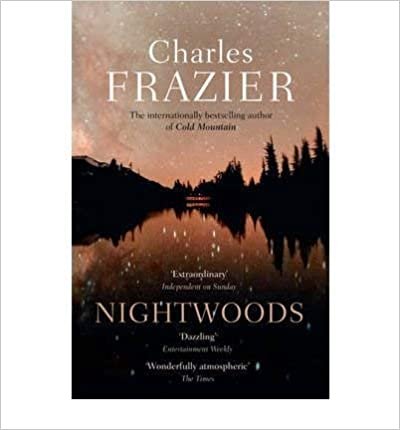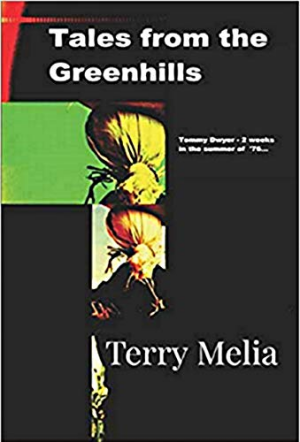What we’re denied in childhood we spend the rest of our lives searching for
Read Inheritors Chapter 13 – Seth Van Gelder, 211 Cavalos Era
Inheritors Chapter 14 – Seth Van Gelder, 212 Cavalos Era
Raemond stood in her suit beside Seth on the same jump-station where Seth first entered Cavalos time. She made a few adjustments to the suit he wore. “You’re doing well, Seth. You wear it as if created a Traveler.” She nodded towards his power coupling as she grabbed her own. “Remember, after every jump, …”
“I know what you’ve told me. The suit needs to feed and this is the stall where it gets its meal.”
“Very good.”
“It is like everything else. Something from here is like something from there. A pattern here is repeated in a pattern there. Much of what you describe has been taught to me before.”
“Yes. I don’t know much about the Sacred Geometries you speak of but from what you say, had they thrived, the world would have taken a different path than this one.”
Seth smiled.
“You’re ready for your first solo jump. One more time to be sure. If your suit starts to ring…”
“…ask the watch who is coming.”
“If you need to go someplace you didn’t plan to go…”
“… ask the watch to access the Library.”
“If the suit is ringing but the watch says no one is coming…”
“Leave immediately. Someone else is using the same suit to access the same point in time and no single suit can exist penecontemporaneously beside itself in time. Enough of this.”
“All right. Do you have any idea where you’d like to go?”
“I have an idea, yes.”
“Tell me.”
His brow furrowed. “Is that necessary?”
“Certainly. Should something happen, we’ll want to know for salvage purposes.”
“But you told me the suit will return of its own should anything happen to the wearer.”
“Yes, it will. But sometimes the suits don’t have enough energy to make it completely home. When they do they exit the TimeStream where ever they run out of time. That’s why we need to log where everybody jumps. If the suit returns but the rider does not, then the rider has died somewhere in the past. If the suit returns with a new rider inside, there’s a chance something has happened, an accident maybe, somehow the rider got too far away from their suit and another, not knowing, took their place. Sometimes neither rider nor suit return and the Cavalos have to search the Library for accounts of mysteries or magicks or such.”
“Tell me, was a suit ever lost and never found?”
“One was. The Cavalos search for it still.”
“I see. That’s sad. I’m going back to my father’s house. I wish to let them know I am safe and well.”
“That’s nice, Seth. very nice. One last thing. Remember, should anything go wrong or any kind of emergency occur where you don’t know what to do, just push the watch crown all the way in. That’s an immediate return. Now let me give you one last visual inspection. ” She tapped his gloves, his boots, and hood, making sure each was correctly in place. “You must make sure you’re completely within your suit, though. If you’re not, not all of you will make the jump through time. Anything can jump with you, but the person initiating the jump must be completely within their suit. Good luck. I’ll be waiting right down there when you return. ” She walked down from the platform. Before she reached the bottom stair he was gone.
The platform, the pumpkin-gas air, the bursting orange clouds, the living houses and lawns, all slid away from him in a whirlwind of light and were replaced by the cold, dark, smoke-wicked flickering light of his father’s room and bed.
Seth removed his hood and held it under one arm until his eyes adjusted to the light.
There the old bull lay, beneath the curtains surrounding his bed, only his head and nightcap exposed, a yellowing puddle about his groin and a smell of bowels and refuse lying about his arse. Seth lit a candle from the lamp by the door and brought it close.
Greetings! I’m your friendly, neighborhood Threshold Guardian. This is a protected post. Protected posts in the My Work, Marketing, and StoryCrafting categories require a subscription (starting at 1$US/month) to access. Protected posts outside those categories require a General (free) membership.
Members and Subscribers can LogIn. Non members can join. Non-protected posts (there are several) are available to everyone.
Want to learn more about why I use a subscription model? Read More ch-ch-ch-ch-Changes Enjoy!


